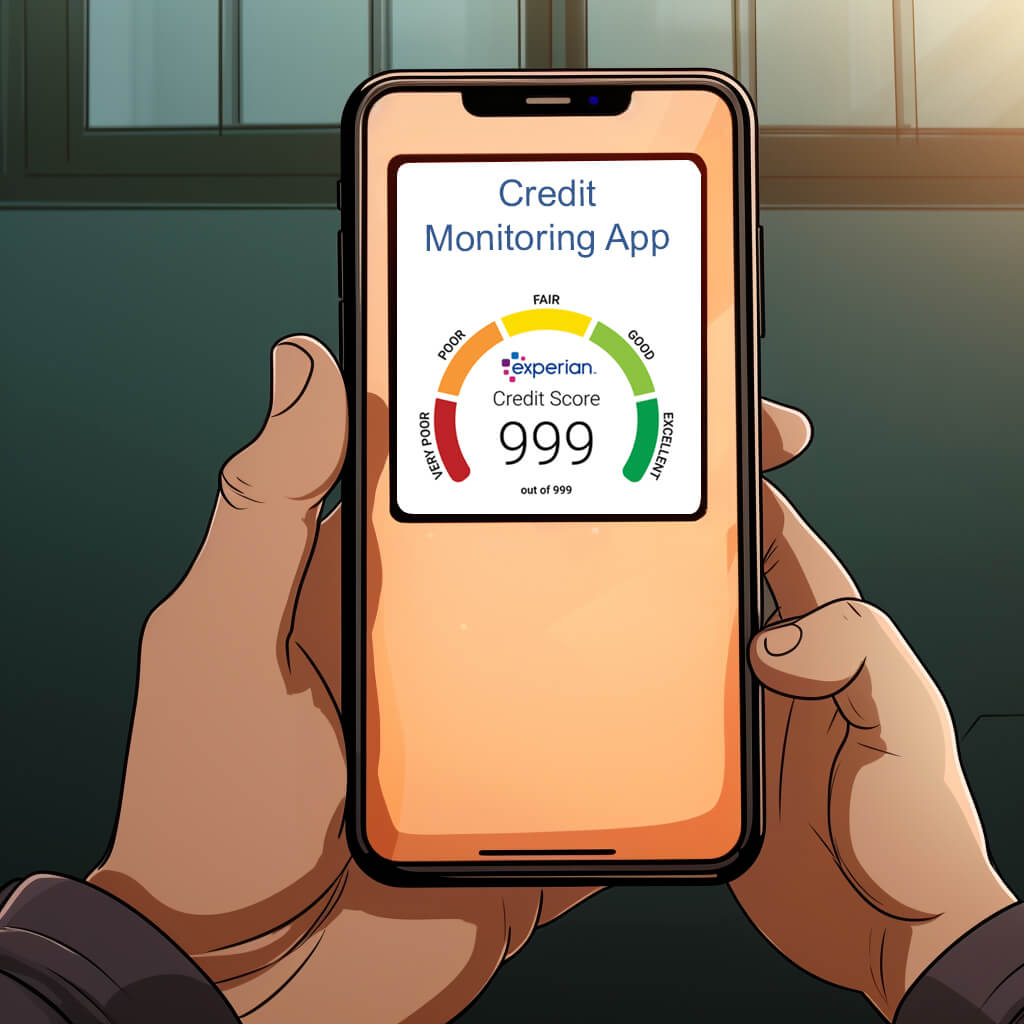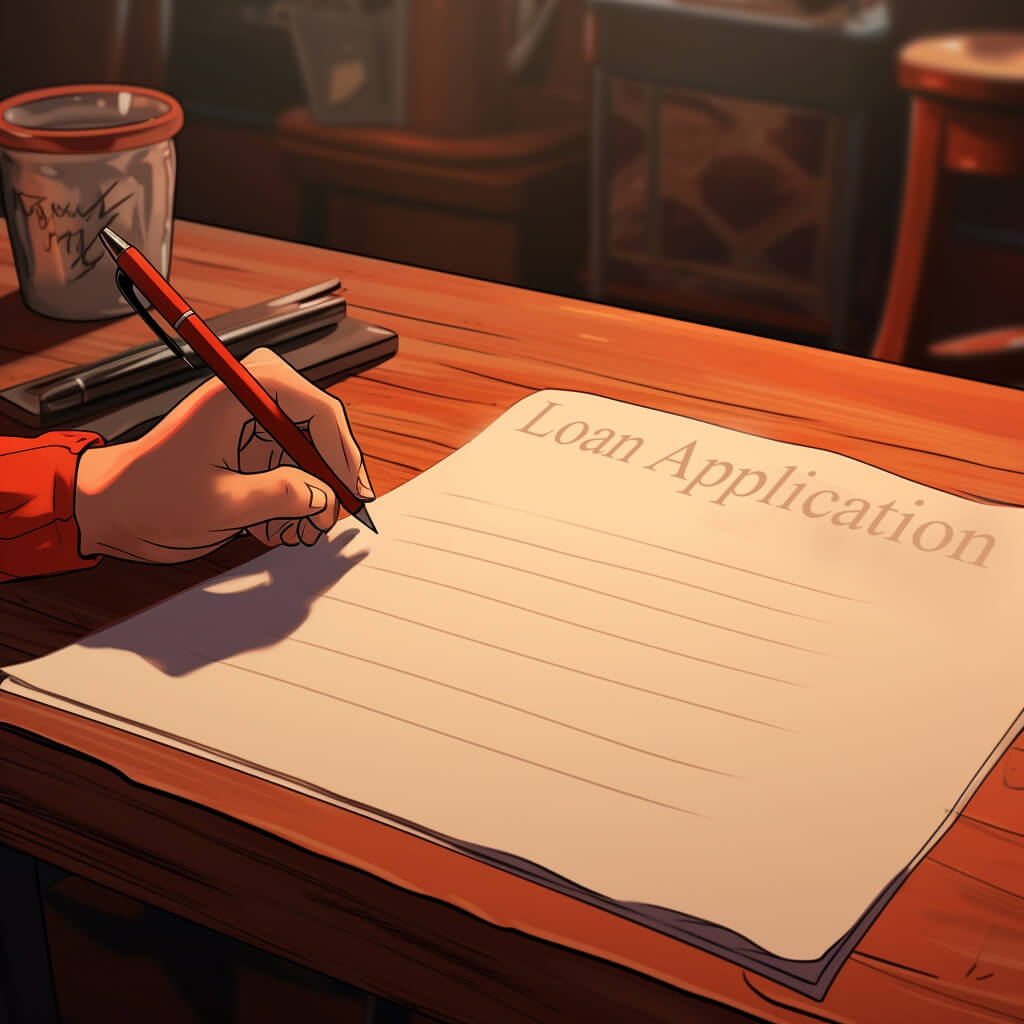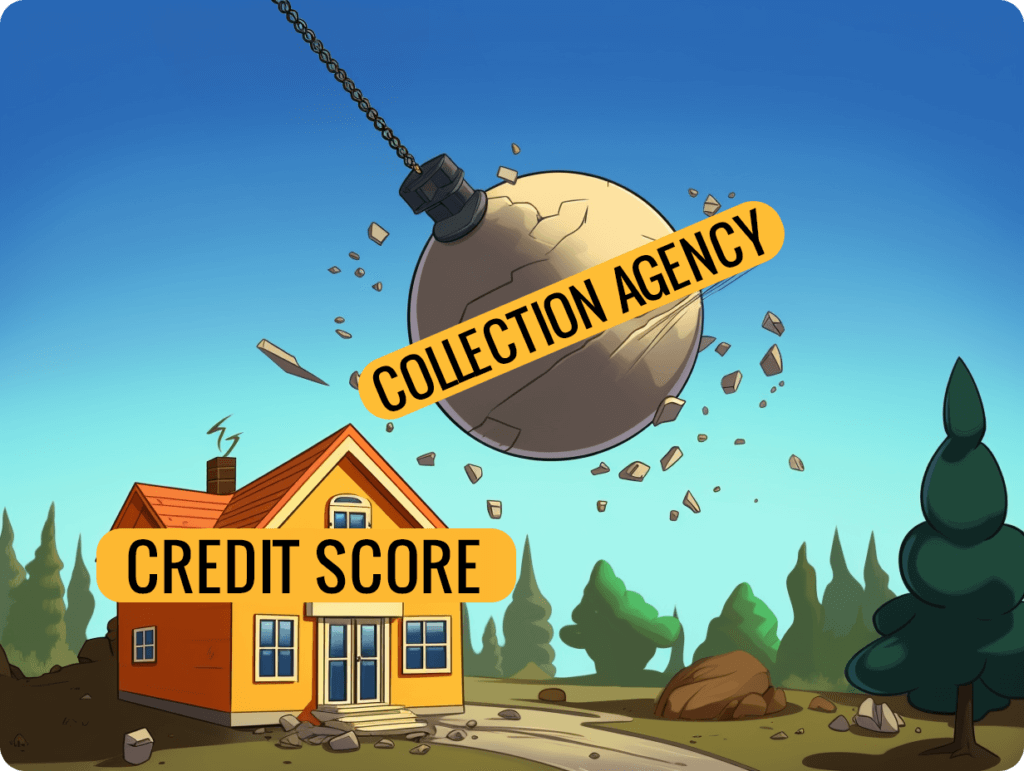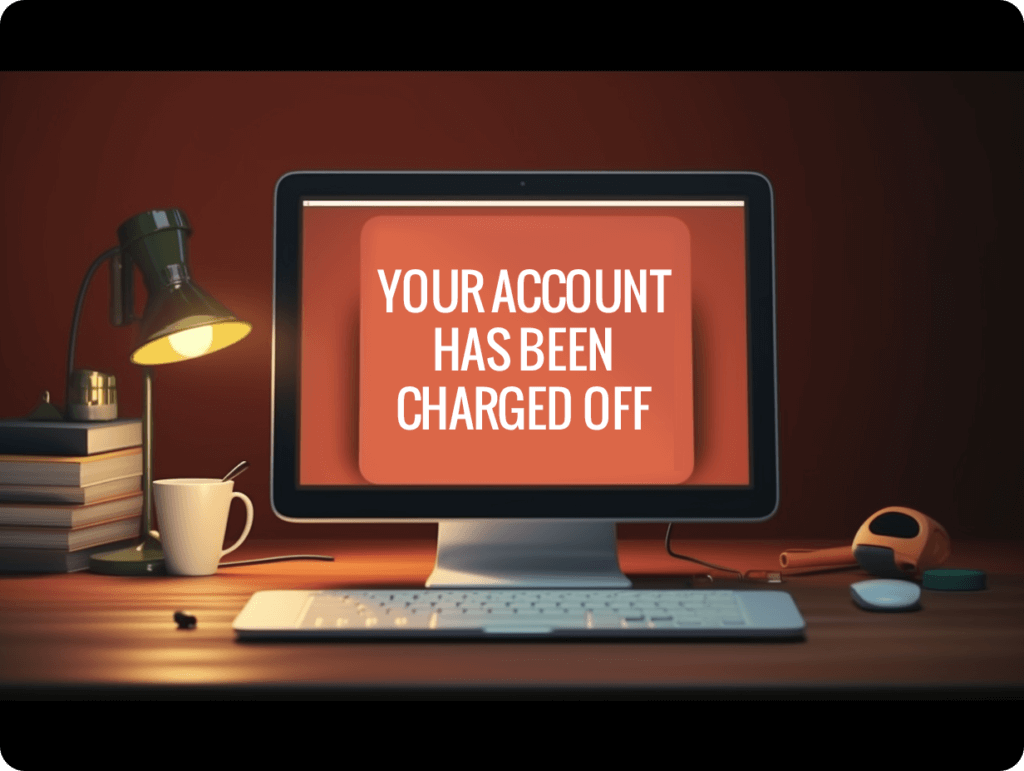- Blogs
- /
- How to Remove Hard Inquiries From Your Credit Report in 4 Steps
How to Remove Hard Inquiries From Your Credit Report in 4 Steps

Summary
Here’s how to remove hard inquiries from your credit report: Step 1: Get your credit report. Step 2: Spot unauthorized hard inquiries.
Keeping a close watch on your credit report is critical for maintaining a healthy financial profile. One thing that can severely damage your credit score is hard inquiries.
Why? First, it all boils down to frequency and recency. You see, hard inquiries occur when potential lenders or creditors check your credit report after you apply for a line of credit. Their goal is to check your credit history to see if there’s any risk in lending you money.
But there’s a problem. Having several hard inquiries over a short period becomes a flashing red sign that you’re desperate and could be a risky borrower. And it gets worse because several unauthorized hard inquiries could be on your credit report.
That’s why today, we’ll show you how to remove hard inquiries from your credit reports. So you can begin taking control and eliminating unwanted inquiries from your credit report.
Let’s explore!
Key Takeaways
- Hard inquiries occur when lenders pull your credit report as part of the loan application process.
- Hard inquiries can harm your credit score and remain on your report for up to two years.
- Soft inquiries occur when you check your credit report. It doesn’t have any impact on your credit score.
- Having up to six hard inquiries on your credit report can make securing a loan difficult.
- Checking your credit report can help you spot any unauthorized hard inquiries.
- Two hard inquiries on your credit report within six months wouldn’t significantly impact your credit score.
- Having more than six hard inquiries on your credit report within two years will make it difficult for you to secure a loan.
How to Remove Hard Inquiries From Your Credit Report
Step 1: Check Your Credit Report Regularly
A survey by Badcredit found that over 25%, 13%, and 10% of people check their credit reports once a month, every six months, and once a year, respectively.
The report also showed that 31% don’t know their score, and over 15% have never checked their credit score. And this puts them at risk of falling prey to inaccurate inquiries and identity theft.
That’s why you must regularly monitor your credit report to ensure it stays accurate about your credit history.
You can always request a free copy of your credit report from each bureau when you visit AnnualCreditReport.com. This site allows you to access Equifax, Experian, and TransUnion reports in one place.
Step 2: Check for Unauthorized Inquiries
Reviewing your credit report is essential. It helps identify inaccuracies or errors, including unauthorized hard inquiries.
To do this, once you’ve obtained a copy of your credit report from each of the three major credit bureaus: Experian, Equifax, and TransUnion, carefully analyze the reports for any errors or inaccurate information.
When reviewing your credit report, pay close attention to the section that lists the inquiries made on your account. Look for any unfamiliar names or companies that accessed your credit profile without your knowledge.
Step 3: Take Steps to Prevent Identity Theft and Shady Inquiries

Once you’ve found incorrect inquiries on your credit report, you need to flag them for further investigation.
Contact the respective credit bureau and inform them about the unauthorized inquiry. Give them detailed information about the inquiry, like the date it was made and the name of the company that initiated it.
One thing you must do is document everything. Record all communications with the credit bureaus regarding these unauthorized inquiries. This documentation will be evidence if you need to dispute the inquiries later.
But besides obtaining your annual credit reports, you can always use online tools to help track changes in your credit report. These tools can help alert you when new hard inquiries are made. They’d even let you know when any other significant change occurs.
Staying vigilant and regularly checking your credit report can help spot any suspicious activity quickly.
Step 4: Protect Yourself from Identity Theft and Fraudulent Inquiries
There are several steps that can protect you from identity theft and fraudulent inquiries. Let’s take a look at some of them.
- Monitor your financial accounts regularly. Track your bank statements, credit card bills, and other financial accounts for any unauthorized transactions or suspicious activity.
- Protect your personal information. Be cautious about sharing sensitive information. This includes your social security number, bank account details, and passwords.
Only provide this information when necessary, and ensure you’re dealing with reputable sources.
- Use strong passwords. Create unique passwords for all your online accounts. Avoid easily predictable combinations like your birthday or pet’s name.
- Beware of phishing attacks. Watch out for emails or messages asking for personal information or directing you to click on suspicious links. Legitimate organizations will never ask for sensitive information via email.
- Report suspicious activity. If you suspect your identity has been compromised or notice fraudulent inquiries on your credit report, contact the credit bureaus. Notify them immediately.
Also, ensure you file a report with your local law enforcement agency and the Federal Trade Commission (FTC).
Follow these preventive measures and stay proactive in monitoring your credit profile. This way, you can minimize the risk of unauthorized inquiries and protect yourself from potential financial harm.
Hard vs. Soft Credit Inquiries
There are two major credit inquiries: hard and soft credit checks. A hard inquiry occurs when lenders or creditors request your credit report as part of their decision-making process. Hard inquiries are triggered whenever you apply for a loan or credit card.
Having too many hard inquiries on your report indicates to lenders that you’ve been actively seeking additional credit. This may raise concerns about your ability to manage debt responsibly.
Soft inquiries, on the other hand, occur when you check your credit report or when companies perform background checks for pre-approved offers. These inquiries don’t affect your credit score because they’re unrelated to new credit applications.
Here’s How Credit Inquiries Can Impact Your Finances
When a hard inquiry appears on your credit report, it may cause a temporary decrease in your score. And that’s because—as we discussed earlier—lenders view multiple recent inquiries as a sign of potential financial instability or an increased risk of defaulting on payments.
Although each hard inquiry’s impact on your score is usually minimal and short-lived, applying for several loans in quick succession can accrue multiple hard inquiries, negatively impacting your score over time.
It’s also worth noting that hard inquiries remain on your credit report for up to two years. But the good news is that even though they may remain visible during this time, their impact on your score diminishes.
How Many Hard Inquiries Are Too Many?
We often hear folks ask, ‘How many hard inquiries are too many?’ The answer to this question depends on various factors. For starters, lenders and creditors generally have guidelines for evaluating the number of inquiries.
That said, getting one or two hard inquiries—within a six-month window—when applying for a loan won’t seriously affect your credit score.
However, having six hard inquiries on your credit report within two years may raise concerns among lenders, making it difficult for you to secure a loan.
It’s important to note that while hard inquiries are a factor in determining your creditworthiness, they are not the only factors lenders consider.
Lenders also consider your payment history, debt utilization, and overall credit management before making lending decisions.
What You Must Know About Removing Inaccurate Hard Inquiries

Yes, removing hard inquiries from your credit report is possible, but it’s essential to understand the conditions that make it possible. Although not all inquiries can be removed, there are instances where you can dispute them and have them taken off your report.
To remove inquiries, you must identify which ones you believe should be disputed. This could include inquiries that were made without your permission or those that were made in error. Once you’ve identified these inquiries, you can proceed with the dispute process.
Now, you must understand that credit bureaus are responsible for investigating the accuracy and legitimacy of the inquiries on your credit report. And if they find that an inquiry is incorrect or unauthorized, they have the authority to remove it from your report.
Here’s How the Dispute Process for Hard Inquiries Works
When disputing a hard inquiry on your credit report, there are specific steps you need to follow.
First and foremost, gather all essential information related to the inquiry you wish to dispute.
This includes details such as the name of the creditor or lender who made the inquiry and any supporting documentation that strengthens your case.
Once you have gathered all the necessary information and documentation, you can submit a dispute request to the credit bureau(s) involved. Now, ensure you provide clear and concise explanations as to why you believe the inquiry should be removed from your report.
It’s important to note that each credit bureau may have a specific dispute-handling process. So, familiarize yourself with their unique requirements before submitting a dispute request.
Here’s What You Need to Dispute an Inquiry
You’d need these critical pieces of information when disputing an inquiry on your credit report:
- Name of creditor or lender: Provide the name of the company that inquired about your credit report.
- Date of inquiry: Include the date when the inquiry was made.
- Supporting documentation: Gather relevant documents supporting your claim, like letters or emails confirming unauthorized inquiries.
To submit your dispute request, contact the credit bureau(s) directly. You can find their contact information on their websites or your credit report. Follow their instructions carefully and provide all necessary details in your dispute request.
Sending a Credit Inquiry Removal Letter
Once you’ve identified unauthorized inquiries on your credit report and flagged them for investigation, the next step to knowing how to remove hard inquiries involves sending a dispute letter.
This letter will formally request that the credit bureaus remove these unauthorized inquiries from your report.
The best way to ensure your letters are effective is to use a template when writing your removal letter or working with a reliable credit repair company.
Templates give you a structured format that conveys your request clearly and concisely. Make sure to personalize the template with your specific information before sending it.
When completing the removal letter template, follow the step-by-step instructions carefully. Include all necessary details, such as your name, address, social security number, and account numbers associated with the unauthorized inquiries.
Here are some tips that would increase the chances of your template’s success.
- Stay polite and professional in your letter. It’s essential to maintain a respectful tone throughout the correspondence. So, ensure you resist the urge to be disrespectful.
- Clearly state that you did not authorize the inquiries and request their immediate removal from your credit report.
- Attach every supporting documentation, like copies of letters or emails you sent to the credit bureaus during the review process.
- Send the letter online or via certified mail with the return receipt requested to ensure proof of delivery.
What Happens if You Don’t Dispute Hard Inquiries
Without disputing a hard inquiry or carrying out any other procedure, they generally take quite a while before they leave your credit report.
Hard inquiries can stay on your report for up to two years; however, their impact on your credit score diminishes over time, and after a year, they no longer affect your credit score.
Quick Breakdown of the Dispute Resolution Timeline

After you’ve filed a dispute with the credit bureaus, you must understand the timeline for resolution. Credit bureaus are legally bound to investigate and respond to your dispute request within 30 to 45 days.
During this time, they’ll review the information you provided to determine whether the disputed item should be removed or remain on your credit report.
The credit bureaus investigate disputes by contacting the data furnishers, like lenders or collection agencies, who provide inaccurate information.
The bureau will request documentation and evidence regarding the disputed item, and once they’ve received this information, they’ll evaluate it alongside your dispute and decide.
If the outcome of the dispute is not satisfactory and you believe there has been an error in their investigation or judgment, don’t worry! You still have options.
You can escalate your case by contacting the credit bureau directly and providing additional evidence to support your claim. So, ensure you remain persistent and advocate for yourself throughout this process.
Four Practical Steps to Maintaining a Clean Credit History
Managing your credit is vital when maintaining a good credit history. This means keeping your balances low and avoiding unnecessary inquiries on your credit report.
Managing your credit responsibly also involves being mindful of how much debt you take on and making timely payments.
Paying your bills promptly each month demonstrates to lenders that you’re a reliable borrower. It’s also worth noting that keeping your balances low relative to your available credit limit—your credit utilization—contributes as much as 30% to your credit score.
How to Minimize the Effects of Hard Inquiries on a Loan Application
Multiple hard inquiries within a specific time frame can raise concerns for lenders, as they may indicate financial instability or excessive borrowing behavior. This can lower your chances of approval for particular loan applications like mortgages or auto loans.
So, to minimize the effects of hard inquiries on your loan applications, you need to be strategic with your timing.

For example, if you plan to apply for multiple loans within a short period, try submitting all applications within a 14 to 45-day window (depending on the credit scoring model used).
This way, the credit bureaus will treat them as a single inquiry, minimizing the impact on your credit score.
Requesting a Credit Limit Increase without an Inquiry
If you’re looking to increase the amount of available credit without triggering an inquiry on your report, there are steps you can take.
Start by contacting the issuer of the card(s) you currently hold and asking about the possibility of increasing the limit without conducting a hard inquiry.
Some issuers may be willing to accommodate this request based on factors like your payment history and account standing.
You can improve your utilization ratio and credit score by requesting a higher limit without an inquiry. That’s because a higher credit limit means that your outstanding balances will represent a smaller percentage of your available credit, which can positively impact your score.
Your Clean Credit History Opens Doors
Knowing how to remove hard inquiries from your credit report is crucial to maintaining a clean credit history and improving your financial well-being.
By understanding the impact of credit inquiries, identifying unauthorized ones, and following the necessary steps to dispute and remove them, you can take control of your credit and protect yourself from future inquiries.
The best way to ensure that your credit report accurately reflects your financial responsibility is by taking practical measures to maintain a clean credit history, navigating the role of credit bureaus, and protecting yourself from future inquiries.
Remember, a clean credit history opens doors to better interest rates, loan approvals, and financial stability.
FAQs
1. Duration of Hard Inquiries on Your Credit Report
Typically, hard inquiries remain on your credit report for about two years. However, it’s essential to note that the impact of older inquiries diminishes over time compared to more recent ones.
When lenders or creditors review your credit history to assess your creditworthiness, they may initiate a hard inquiry. These inquiries occur when you apply for new credit, such as a loan or credit card.
While one or two hard inquiries may not significantly affect your credit score, multiple inquiries within a short period might raise concerns for potential lenders.
2. Can I remove hard inquiries from my credit report?
Unfortunately, you cannot remove legitimate hard inquiries from your report unless there are errors or inaccuracies. It is essential to focus on managing future inquiries instead.
3. Do soft inquiries affect my credit score?
No, soft inquiries don’t impact your credit score. Soft pulls occur when you check your credit report or when potential creditors perform background checks without initiating a formal application process.
4. How many points do hard inquiries affect my score?
The exact impact of each inquiry varies depending on various factors, like the rest of your credit history and overall financial situation.
Generally, one or two hard inquiries cause a minimal decrease in points that can be quickly offset by positive credit behavior.
5. Will shopping around for the best interest rates hurt my credit?
When searching for the best loan or mortgage rates, multiple inquiries within a short timeframe (typically 14 to 45 days) are treated as a single inquiry. This allows consumers to compare offers without significant damage to their credit scores.
Our Latest Blogs:

ThisIsJohnWilliams
FREE Strategy Session to Fix Your Credit Blogs / Facebook Twitter Linkedin Instagram Share Summary Did you know that...

ThisIsJohnWilliams

ThisIsJohnWilliams

ThisIsJohnWilliams
FREE Strategy Session to Fix Your Credit Blogs / Facebook Twitter Linkedin Instagram Share Summary Have you ever wondered...

ThisIsJohnWilliams
FREE Strategy Session to Fix Your Credit Blogs / Facebook Twitter Linkedin Instagram Share Summary For most people, rent...






